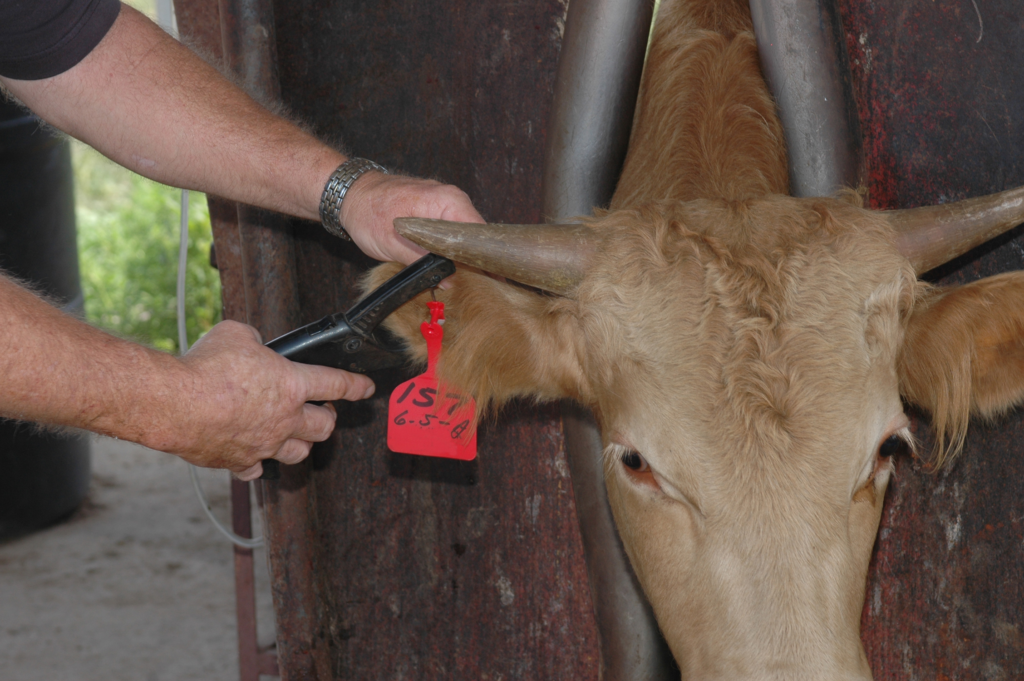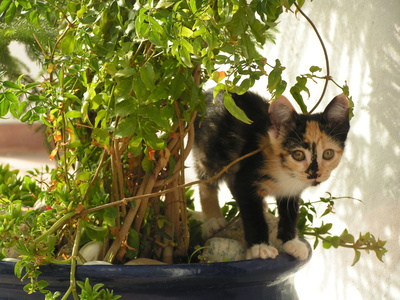Last Updated on January 10, 2024 by Fumipets
Do Female Cows Have Horns?
Because it’s common to see female cows without horns, it’s easy to think that cattle are like most varieties of deer with their antlers in that only the males have horns. Contrarily, only the males of the species, or bulls, have horns on their cattle. Both bulls and cows are born with horns unless the breed is “polled,” or dehorned, when they are calves.
In order to assist you in understanding, we have provided answers to a few questions that are commonly asked.
Why Do Cattle Have Horns?
Cattle are predatory creatures that weren’t always tamed. Their horns served as their sole line of protection in the wild. Bulls and cows would use them to defend their young, other cows, and themselves.
Predators like wolves often only target ill, wounded, or dying members of the herd because of the horns on your cow. You’ll likely understand why predators wouldn’t dare risk getting up and personal with a bull’s horns if you’ve ever seen two bulls fighting.
Why Don’t Dairy Cattle Have Horns?
So why aren’t horned cows seen more frequently? The explanation is that cattle without horns are safer, particularly on smaller farms.
Nowadays, farms are the main places where cattle are grown and protected from predators. In these regulated circumstances, their horns may result in a number of problems:
• Danger to the farmer
• Injury to other cows
• Damaged carcasses
• Horned cattle sell for less at auction
For two reasons, most farm cattle, especially dairy cows, lack horns. They were either bred purposely to lack horns or had their horns removed when they were calves.
Disbudding or dehorning
Calves undergo a procedure called dehorning, also known as disbudding, during which their horns are removed while they are still young. On smaller farms, dehorning your cattle may help you manage the breed more effectively and prevent needless damage to the weaker, bullied members of the herd.
Despite being under anesthesia and being young enough that their horns aren’t completely formed, the surgery is unpleasant for the cow. Because of this, it is prohibited under the 1911 Protection of Animals Act in the EU, Switzerland, and a few other nations.
Both bulls and cows may be dehorned, however, generally the cows are the ones that undergo the procedure, which is best done as soon as feasible. Normally, the calves are under two months old. The horn buds aren’t yet joined to the skull at this time.
Cattle may be dehorned more easily and with less blood loss if done before the horns begin to develop and connect to the skull.

These procedures are often performed on naturally horned varieties of cattle, such as:
• Holsteins
• Brown Swiss
• Danish Red
• Jerseys
• White Park
• Brahma
• Texas Longhorn
“Polled” Cattle Breeds
Any farmer will agree that dehorning is a painful process that, if performed improperly, may result in infection and significant injury to the calf. Farmers sometimes choose breeds lacking horns rather than stressing over all the details. Farmers and breeders have begun creating “polled” cattle via rigorous breeding procedures.
Cattle that have been “polled” are bred expressly without horns to save the inconvenience of dehorning them. It is a genetic characteristic that may be passed down, leading to the development of a breed of cattle without horns.
Breeds without horns consist of:
• Hereford
• Angus
• Red Angus
• Gelbvieh
• Limousin
• Shorthorn
• Charolais
What’s the Difference Between Antlers and Horns?
Many animals have horns or antlers, although the distinction between the two isn’t always obvious. The most straightforward explanation is that antlers, like those on deer, are constantly developing. For the next season, they will regrowth and fall off. On the other hand, horns are fixed and do not regrow after being removed.
Final Thoughts
Both male and female cattle are born with horns. Even though cows’ horns are smaller than bulls’, they still have value. Cows without horns are only visible owing to polled breeds or dehorning practices. On calves less than two months old, the horn bud is removed during the dehorning procedure. Although it hurts the calf, this approach to dealing with horns is hated by many farmers. Because the lack of horns is a genetic feature that may be handed down down the generations, polled cattle are specially bred to lack them.


















